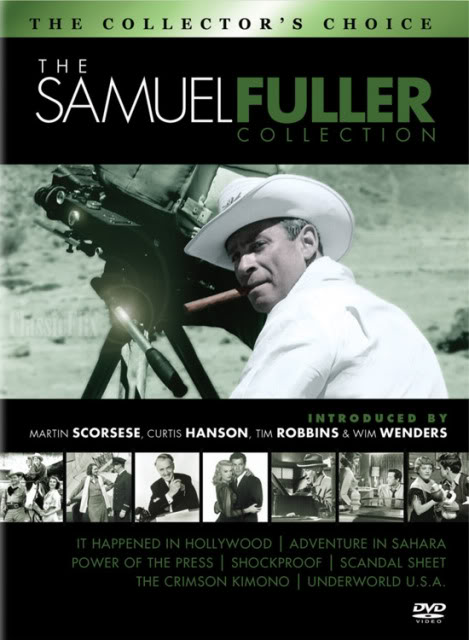
This past summer, I was invited to participate in Migrating Forms' Half-Inch Half-Life, self-described as "a semi-intimate, public viewing room showcasing a 43-hour marathon of selections from the personal VHS archives of artists, critics, curators, scholars and other devotees to the medium, on a large, media-appropriate television set." My contribution was a rare VHS tape of
Tracy the Outlaw. Below are my program notes which accompanied the exhibition.
Tracy the Outlaw is a silent Western from 1928. An independent production by Foto Art Productions, it doesn’t look like most movies we remember from that same year – it neither has the artistic touches of Victor Sjostrom’s The Wind, the stylizations of The Docks of New York, or any of the technical or narrative proficiency that was the Hollywood standard by that time. And that’s exactly why Tracy the Outlaw is important: Hollywood isn’t everything, and outside of it were independent producers and distributors, making raw, unkempt, flawed, and wonderful movies.
But lacking stars, polish, prestige, and any sort of critical status, Tracy the Outlaw isn’t likely to make any appearances at revival houses, or even in history books. It’s a miracle that it was even brought to VHS (and in a pretty decent print) by Videobrary, one of many companies during the 1980s-1990s who specialized in overlooked niches of early cinema, including B-Westerns. There was also Sinister Cinema, Hollywood’s Attic, Nostalgia Family, and Grapevine, to name just a few. (The last two are still around, releasing material on DVD.) There was something special about those small VHS distributors – some sort of magic that seems to be lost in the age of internet. When I was 12, I ordered a video from Facets in Chicago, and suddenly I began receiving black-and-white photocopied catalogs and typewritten lists of old movies on VHS. They were coming from small towns in Maine like Thomaston. I have no clue how I got on this mailing list circuit, but I was flooded with titles I had never heard about. Sadly, I never kept them, as I’d love to see all the great movies I passed up on because of lack of access/information.
But now many of those companies are gone. I no longer receive those wonderful lists. Once in a while, I come across a trove of old Grapevine releases, or some other company. That’s how I found Tracy the Outlaw – three dollars, stuck on a shelf between such other potential gems as Ghost Patrol (a sci-fi Western from 1936) and Border Romance (a musical Western about fugitives from 1929) (both films were released by Sinister Cinema, by the way). The audience for these films was probably small when they came out, and it’s only dwindled in the passing decades. No major home video distributor would ever take these on – the chance of making a profit would be slim. That’s why Grapevine, Videobrary, and all those other companies were – and continue to be – so vital.
 Simply put, Jacques Tati's M. Hulot's Holiday (1953) is one of the most delightful cinematic experiences I have ever encountered, and it is now showing at Film Forum in a restored 35mm print. Like the film's infectious, amiable theme song—whose breezy melody fluidly passes from saxophone to guitar to vibes to piano without interrupting the phrasing—Tati, his camera and his on-screen alter-ego Hulot flit amongst the beachfront tourists like a fellow vacationer. With his perennial floppy hat and a pipe protruding from his lips, Hulot putters into town in his rustbucket and proceeds to join his compatriots in an attempt to enjoy some rest and relaxation under the sun.
Simply put, Jacques Tati's M. Hulot's Holiday (1953) is one of the most delightful cinematic experiences I have ever encountered, and it is now showing at Film Forum in a restored 35mm print. Like the film's infectious, amiable theme song—whose breezy melody fluidly passes from saxophone to guitar to vibes to piano without interrupting the phrasing—Tati, his camera and his on-screen alter-ego Hulot flit amongst the beachfront tourists like a fellow vacationer. With his perennial floppy hat and a pipe protruding from his lips, Hulot putters into town in his rustbucket and proceeds to join his compatriots in an attempt to enjoy some rest and relaxation under the sun.


